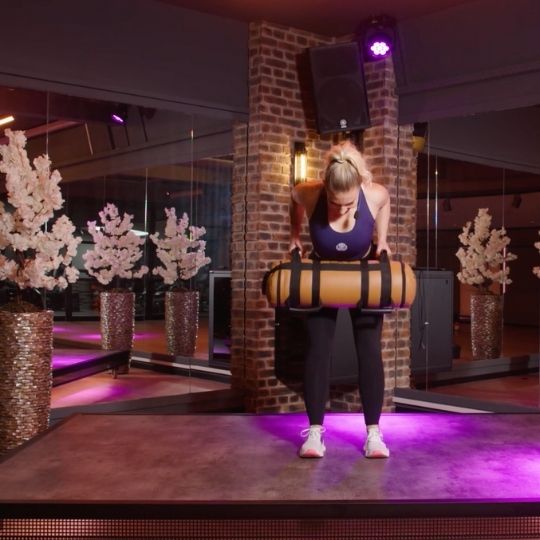Proteins, proteins, proteins… As soon as you start exercising you hear about it. But what about those proteins in combination with exercise? We’ve sorted it out for you! Read here why proteins are a must for your progression.
What are proteins?
A protein is a nutrient you need. Just like fats, carbohydrates, vitamins and minerals. In the fitness world, proteins are popular. Proteins are necessary for the maintenance and building of your muscles. In addition, proteins are the building blocks for our skin, organs and also our hormones. Read a detailed explanation about proteins here.
Protein in combination with sports
You already read it: proteins are incredibly important. But what makes proteins even more important when you start exercising? I’ll explain it to you: during training your muscles get damaged. They are challenged to get bigger and stronger. Proteins ensure that your muscles recover from the training session and that they actually become stronger. If you take too little or no protein after exercise, it can cause your muscles to slowly break down during training. This is because they cannot recover properly due to a lack of proteins.
How do you consume proteins?
If you eat a varied diet, you already get proteins into your body. Proteins are found in dairy products, eggs, meat, fish and legumes. When you eat or drink protein-rich products, your digestive system breaks down the proteins and converts them into building blocks. The building blocks are called amino acids. Your body uses amino acids to make new cells and build up more muscle mass.

How much protein do I need?
Proteins are a must for anyone, but now the question remains: how many do you need? Of course the answer to this question varies, but we have selected the average for you.
- Adult: 0.8 – 1 gram of protein per kilogram of body weight.
- Athlete: 1.5 – 1.8 grams of protein per kilogram of body weight.
If you, as a recreational athlete, cook meals yourself and ensure that there is sufficient protein in them, you do not need to take extra supplements. If you really want to find out specifically how much protein you need for your training, we recommend talking to a dietician or personal trainer about this.
Do you want to know more about proteins or do you have any questions? Then leave a comment below this blog.

